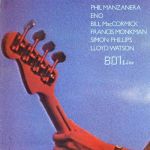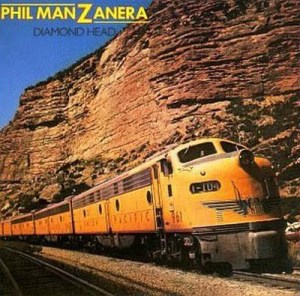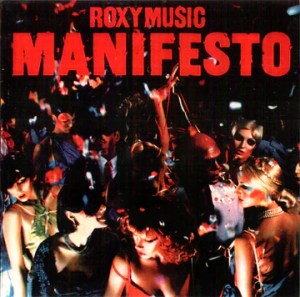Hot Stamper Pressings of Live Recordings Available Now
Reviews and Commentaries for 801 Live
Some audiophiles get worked up listening for details in their favorite recordings. I should know; I was as guilty as anyone of that behavior.
But is that where the music is – in the details? Lots of details come out when one copy is brighter than another. Brighter ain’t necessarily better. Most of the time it’s just brighter.
Listening for the details in a recording can be a trap, one that is very easy to fall into if we are not careful or don’t know better.
801 Live isn’t about clarity. It’s about the sound of a Rock Concert. It’s about the raw power of one of the most phenomenal rhythm sections ever captured in performance on analog tape.
That’s what makes it a Good Test Disc. When you play the hardest rocking tracks, the harder they rock, the better.
Next time you try out some audiophile wire or a new tweak, play this record to make sure you haven’t lost the essential energy, weight and power of the sound. This album doesn’t care about your love of detail. It wants you to feel the energy of the band pulling out all the stops. If the new wire or the new tweak can’t get that right, it’s not right and it’s got to go.
The commentary you see below for 801 Live circa 2007 marked another milestone in the history of Better Records.
This is a one of my All Time Favorite records — a Desert Island Disc if there ever was one. I treasure this album. And I just now finally figured out how to tell the good ones from the not-so-good ones. I confess I was listening for the wrong things in the shootouts I was doing over the last few years, and in that I have the feeling I was not alone. I think this is a fairly common Major Audiophile Pitfall that we all get stuck in on occasion.
In this case I was trying to find a more transparent copy, one with more shimmer to the cymbals and air around the instruments. The first track is a little opaque and I wanted to be able to hear into the music better. I tried many import and domestic copies, but none of them seemed to have the particular qualities I was looking for. They all sounded different, but I could not for the life of me find one that sounded clearly better.
Eventually I came to realize I was using the wrong metric to judge the record. I was looking for something that I really should not have been looking for. In short, I was guilty of mistaken audiophile thinking.
This album isn’t about clarity. It’s about the sound of a live Rock and Roll concert. It’s about the raw power of one of the most phenomenal rhythm sections ever captured on tape.
I discovered that fact only a few days ago (03/07), [yes, this is a very old commentary, but it still holds up!] even though I have been listening to this album for 30 years. (It started when a college buddy played me the wildly original Tomorrow Never Knows from the album and asked me to name the tune. It’s so different from The Beatles version I confess it took me until the vocals came in and I recognized the lyrics.)
Having recently acquired another nice import, I cleaned it up and threw it on, just checking for condition and really not intending to get too involved in the sound. Immediately I was struck by how beefy the bass was. (The Legacy Focus’ speakers I currently audition with have three 12″ woofers that can really pump it out down low.)
I hadn’t played the record recently, not since the latest round of improvements, and I was hearing a solid bottom end that I never knew this record had. Was it a Hot Stamper? A magical copy?
Separating the Men from the Boys
I had to know, so it was shootout time. I won’t bore you with the details, but at some point I realized that what separates the men from the boys on this LP is bass. The copies with the most powerful, deepest bass, the stuff under 50 cycles, seem to get everything else right too. The bass is the foundation to the sound, and without it the guitars and voices don’t sound right. They sound relatively thin.
The bass-heavy copies are more dynamic too. They communicate the power of the music in a way that the leaner copies simply do not. With the leaner copies it’s a good album. With the bass-heavy copies YOU ARE THERE. (That’s assuming you play this record at the levels necessary for the suspension of disbelief effect to take hold, i.e., loud.)
I stumbled upon the secret to this album by accident. With all my training and all my effort over the years, I still wasn’t able to focus on the key elements in the music that needed to be reproduced properly for the music to work.









